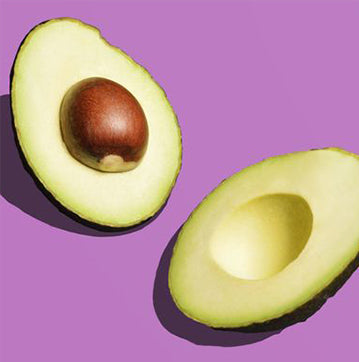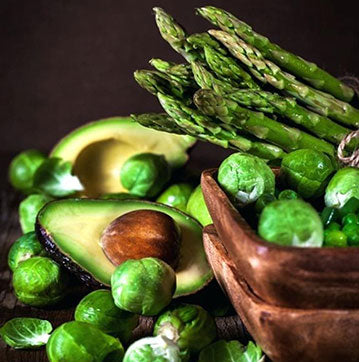Decades of research and your mom, probably, will tell you not to eat just because you’re nervous or sad or stressed. But! New research indicates that a good diet can in fact ease anxiety.
As Dr. Uma Naidoo writes for Harvard Health, “In addition to healthy guidelines such as eating a balanced diet, drinking enough water to stay hydrated, and limiting or avoiding alcohol and caffeine, there are many other dietary considerations that can help relieve anxiety.”
Naidoo cites research that finds that “complex carbohydrates are metabolized more slowly and therefore help maintain a more even blood sugar level, which creates a calmer feeling.” Meanwhile, skipping meals can cause blood sugar levels to plummet and make underlying anxiety issues worse. To eat well and chill out, Naidoo recommends that people who suffer from anxiety disorders follow these guidelines:
- Up your magnesium intake, eating leafy green, legumes, nuts, seeds, and whole grains. In mice, she writes, diets low in magnesium caused an increase in anxiety-related behaviors, which means that diets rich in magnesium do a body good.
- Eat more zinc, which means loading up on oysters, cashews, liver, beef, and egg yolks.
- Fish are your friends. A 2011 study on medical students established a link between the omega-3s found in fish like wild Alaskan salmon and reduced anxiety.
- Shout out to ‘kraut. A recent study published in Psychiatry Research suggested that probiotic foods like pickles, sauerkraut, and kefir could lower social anxiety. (This is conclusive proof, as far as I am concerned, that picklebacks really are the ultimate party libation. But, you know. To each her own.)
- Avocado—a way of life. Is there anything avocado can’t do? I mean, really. Anyway, foods rich in B vitamins like avocado and almonds release neurotransmitters such as serotonin and dopamine. So, the next time you have to wait two hours for brunch and a waiter spills a drink on you and you realize you’re too hungover to cope, know this: a slice of egg-topped avocado toast really will make it all better.
Naidoo is quick to point out that a diet tailored for anxiety is not necessarily a substitution for traditional therapies, but it can make a difference. “



